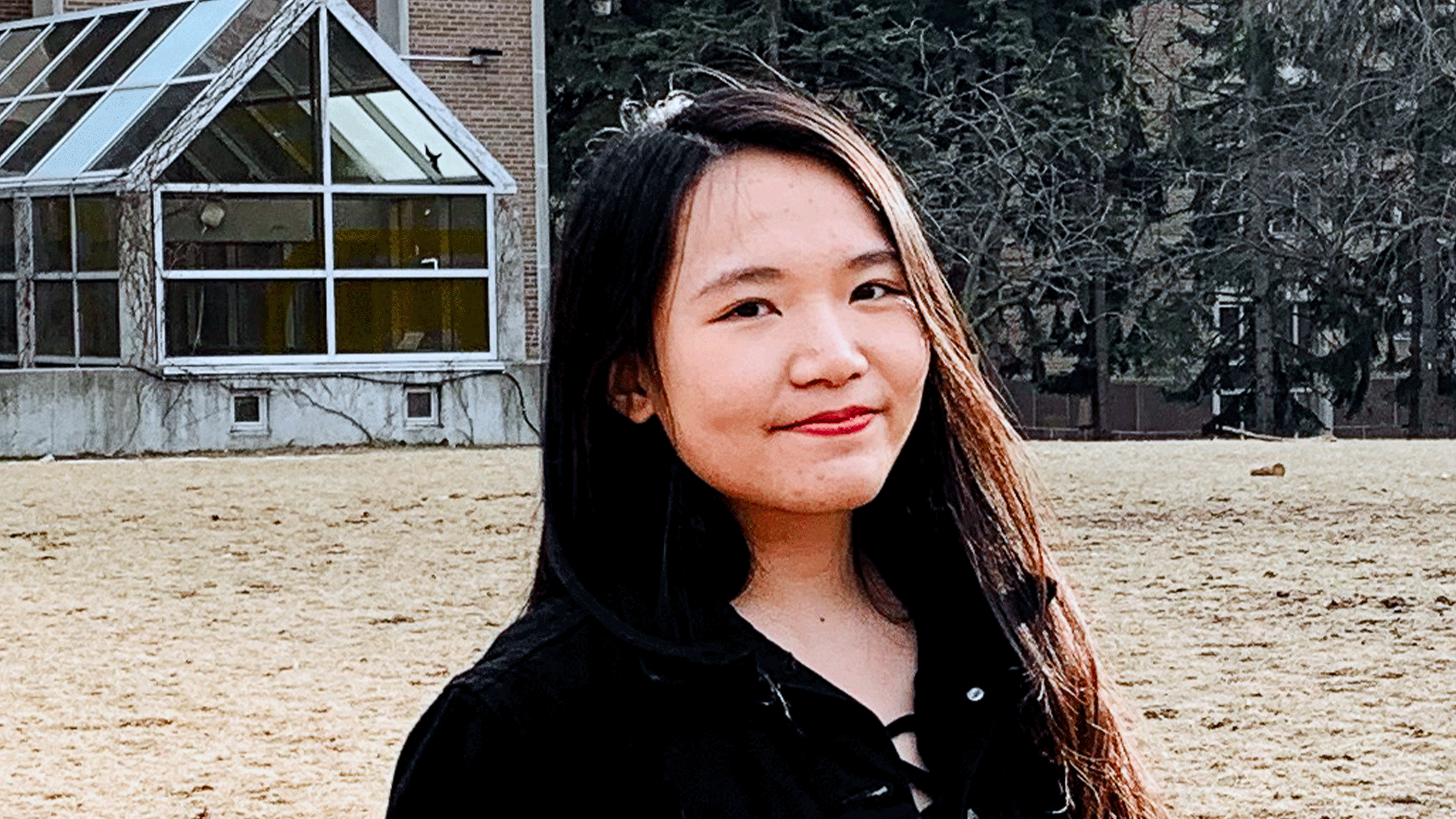By Heidi Lee
When former Ryerson Students’ Union (RSU) president Ram Ganesh allegedly spent over $250,000 of student funds on questionable purchases such as food, liquor, clubs and clothing in 2019, I was just a first-year journalism student nervously stepping into the chaos of student politics.
A month after The Eyeopener broke the credit card story, former interim RSU president Maklane deWever, who took over after Ganesh was impeached, told me less than 15 per cent of students voted in the election that put Ganesh in power.
“The problem when students don’t vote is people who don’t represent them get elected,” said deWever in an interview in February 2019. “I think what we saw this year [with the credit card scandal] is the RSU’s responsibility, but I hope that it serves as a lesson for students to recognize the importance of democratic participation. When you don’t vote, you cannot shift blame.”
A high voter turnout legitimizes the student government. It sends a clear message to the university that this is an accurate representation of what students want. As I filled out my ballot through my.ryerson to vote in the 2019-20 RSU elections, I thought Ryerson students had learned their lesson.
That week, Vanessa Henry won the role of president by 1,202 votes, out of 35,051 eligible voters—a 9.8 per cent participation rate.
The year after Henry’s term wasn’t much better, with voter turnout hitting an all-time low following the resignation of executive members and Ryerson terminating its operating agreement with the RSU. On Feb. 14, 2020, current RSU president Ali Yousaf came into power by 510 out of 965 ballots cast during last year’s RSU election.
Although last year’s paper ballot voting system may have contributed to low turnout, students’ continued disinterest in voting is concerning. The fate of a union that represents over 33,000 undergraduate students was decided by less than 1,000 students.
The results were also surprising for some given Yousaf’s track record in student politics. He was involved in the alleged financial mismanagement of 6 Fest, where a portion of the ticket sale refunds went into Yousaf and Harman Singh’s personal bank accounts. Singh was the RSU’s vice-president, student life and events at the time, while Yousaf was a finance committee member. Yousaf later went on to serve as the RSU’s vice-president, operations in 2017-18, sitting on the executive team during the Colonialism 150 dispute. He was also involved in Ganesh’s slate’s campaign.
A high voter turnout legitimizes the student government
Under Yousaf’s leadership as president this year, we saw the RSU lay off five full-time staff members, shut down the Good Food Centre and lay off all staff at the Centre for Safer Sex and Sexual Violence Support. These changes were made in the name of restructuring and lack of student engagement. We saw no frosh week, no winter week of welcome and no financial transparency as promised at the elections debate. Board meetings are poorly advertised; they used to be streamed live on the RSU’s Facebook page, but are now nowhere to be found.
This year especially, the lack of transparency and communication from the RSU makes it difficult to determine whether or not these decisions were made with the students’ best interests at heart and only add on to students’ declining trust in the RSU.
Let’s be honest, some students don’t even know the RSU still exists, or they just don’t care because of past controversies. In this sense, I understand why students may feel apathetic to voting—but that doesn’t mean you shouldn’t vote.
In January, The Eye interviewed three former RSU presidents to see how we could rebuild the RSU. In this piece, they reflected on the things the union has accomplished for students and the impact that they’ve had on campus life.
In the past, the RSU protested to turn Gould Street into a pedestrian-friendly street and pushed for a fall reading week. Equity centres under the RSU also advocate on behalf of marginalized students—the Trans Collective introduced all-gender bathrooms, the BIPOC Students’ Collective creates a safe space for Black, Indigenous and other racialized students, and RyePride fosters a welcoming community for LGBTQ2IA+ students.
Even this year, the RSU has proven that it has the capacity to do some good—COVID-19 grants, grants for students impacted by the Neill-Wycik fire, free menstrual products to be available in the Student Campus Centre and food boxes for students struggling with food insecurity.
Every year, The Eye publishes an editorial urging students to vote. And every year, people who don’t represent students get elected due to low voter participation. Then a new academic year comes along, with new RSU drama, and the cycle begins again.
If you’ve been at Ryerson for some time, perhaps you’ve watched everything unfold over the past years and found yourself thinking “someone should do something about this.” If so, you have a few options here:
You could pin your hopes on student politicians, hoping they magically fix the RSU. Or you could blame the school for not cutting ties with the RSU, even though they tried to (and failed). You could decide that the RSU doesn’t impact you, or neglect voting because you’re busy and then angrily complain after another RSU controversy. They have your money regardless.
Or, maybe, you can actually take back control using your ballot, and take advantage of this opportunity to elect a students’ union that hears you and advocates on your behalf—one that you truly deserve.
Now go out there and vote.
Voting for the 2021-22 RSU elections starts March 17 at 8:00 a.m. and ends on March 19 at 6:00 p.m. Learn more about the two slates: For the Students and Adapt.













Leave a Reply